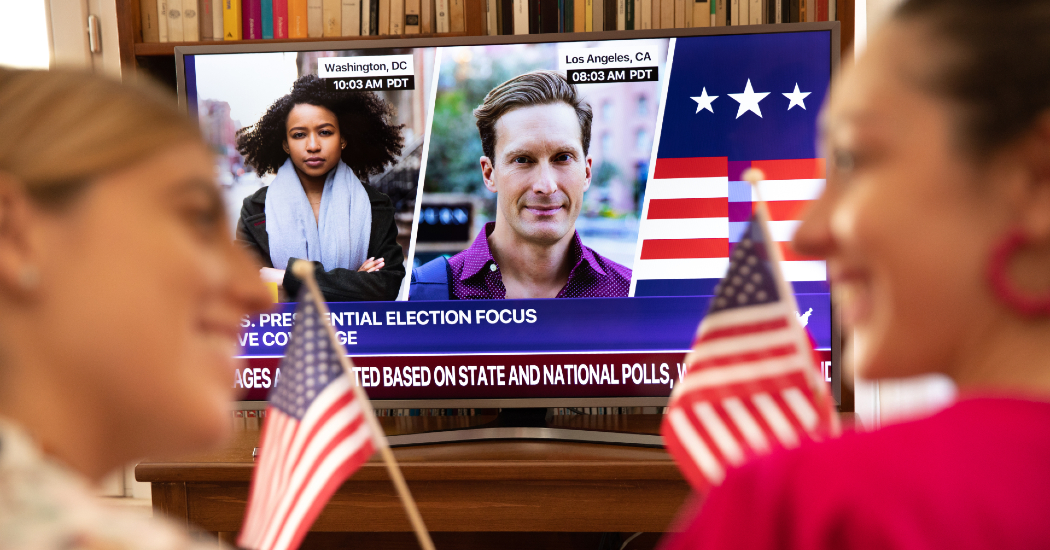6 Factors Affecting the Q4 Marketplace

10.17.24
Michelle Fallon, SVP, MMSI
- Declining response rates in Q2 were a global issue, not campaign-specific. However, response rates have rebounded +11% in July and another +2% in August and are trending flat for September. Unfortunately, response rates are still down about 34% YOY even with the rebound in July and August. Source: Rain the Growth Agency Tracker™
- 2024/2025 upfronts drove 8% more overall dollar volume ($29.5 billion); however, linear TV volume fell 4% at $18.4 billion. Streaming revenue drove the increase up 35% on premium platforms such as Disney+, Max, Peacock. The decline in linear TV volume could indicate a marketplace similar to what we saw in 2023/2024 with firesales and open inventory as long as ratings remain strong.
- According to Vivvix, total political ad spending on linear TV increased by 120% in August versus the average monthly spend year-to-date in 2024, and is expected to continue to increase as seen in 2020. In August, national spend is approximately 30% of overall political ad spending while local spending saw a month-over-month decline from July to August of -21%. This is a departure from previous years and months past of spending less than 10% of ad dollars in national linear TV media. Ad spend historically does not pick up until September. 73% of presidential nominee spending in August is from the Harris for President campaign.
- Also according to Vivvix, the number of general advertisers in the linear TV space is up 32% YOY, but ad spend is relatively flat (+6%). This will be something to watch as we head into 2025 with overall linear TV spending projected to decrease by -13.3%. This usually indicates an opportunistic marketplace but the increase in advertisers, especially pharmaceutical advertisers, may make the marketplace more competitive.
- With inflation cooling, there is revived optimism that a recession will be avoided; however, consumers are still spending cautiously due to the cumulative rise in costs since the start of COVID. Fresh data reveals that shoppers have become more price-sensitive recently even as inflation has cooled, at least partly because their COVID-era savings have dwindled. Sources: Axios, Statista, USA Today
- The 2024 Paris Olympics delivered viewership 13% higher on average compared to 2021.
While the increase in viewership was helpful, it was concentrated to the NBCU networks and viewership was still down -7% in broadcast and -9% in cable compared to the pre-Olympic time period.
This article is featured in Media Impact Report No. 58. View the full report here.
